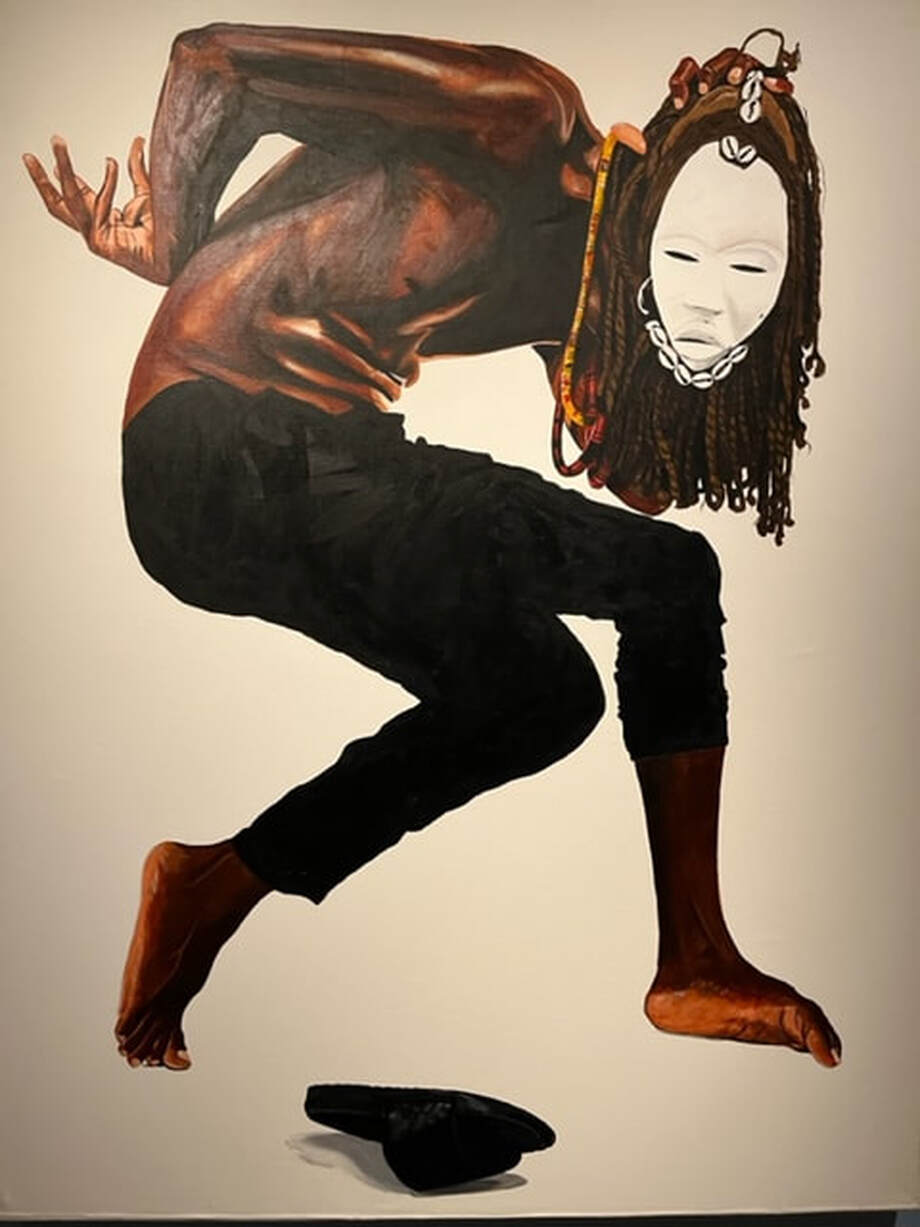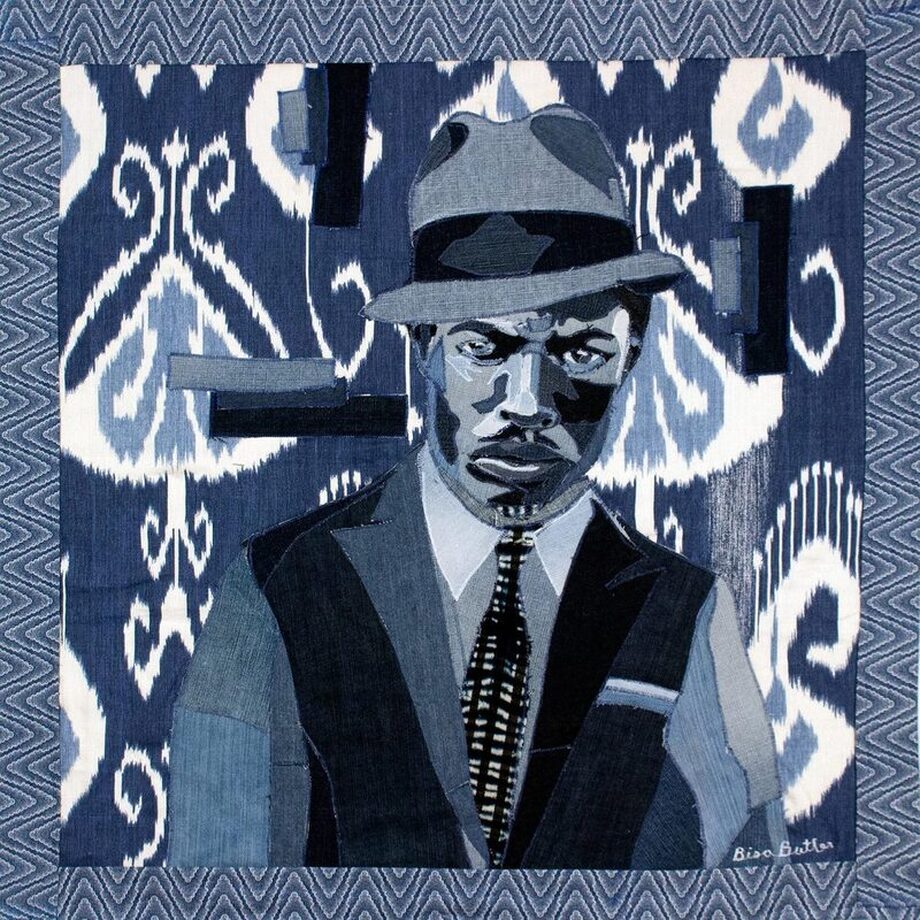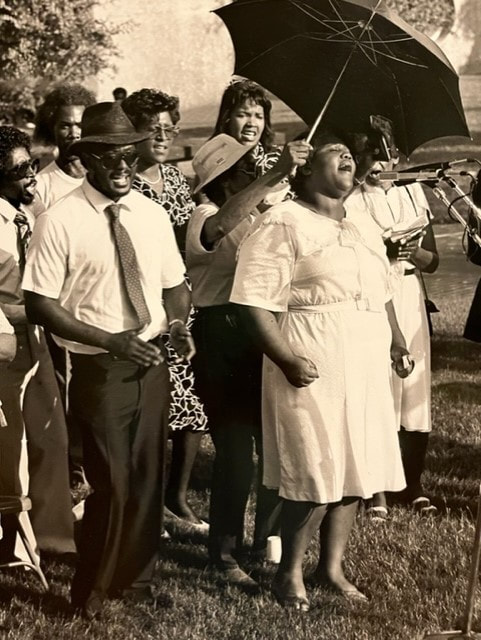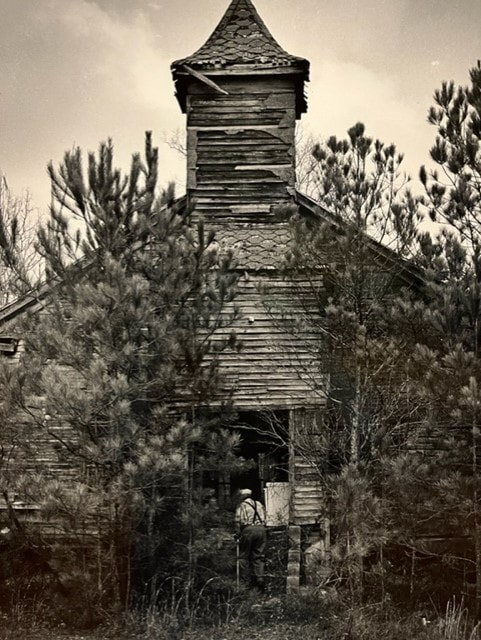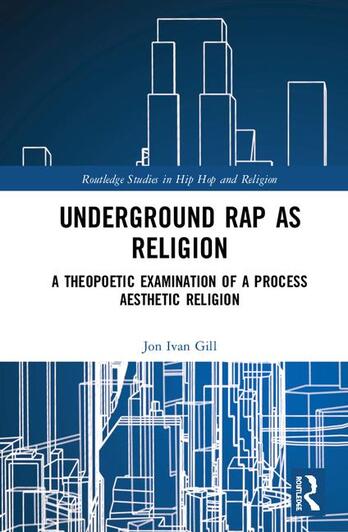Photographic Prologue
The images above were taken, with permission, at the Crystal Bridges Art Museum in Bentonville, Arkansas, on April 25, 2022. They come from an exhibition originally organized by the Virginia Museum of the Arts and shared with Crystal Bridges, called The Dirty South: Contemporary Art, Material Culture, and the Sonic Impulse.
"The exhibit examines the aesthetic and musical traditions of southern Black culture in the past century, influences now common throughout the American South and contemporary American art and culture. In an immersive experience that engages multiple senses, The Dirty South spotlights the southern landscape through its musical heritage, spiritual complexity, and regional swagger. The exhibition features works of sculpture, paintings, works on paper, assemblage, textiles, and music as well as ephemera from music culture, including instruments, music videos, costumes, lyrics, and personal effects. Ultimately, The Dirty South creates an engaging opportunity to experience a deeper understanding of the African American South and its undeniable imprint on the history of American art."
The images serve as a prologue to this page and also as an afterward. Lest process theology emerge out of, and speak to, the experiences of the people in the images, it is color-blind, culturally and spiritually impoverished, and inadequate to the needs of our time.
"The exhibit examines the aesthetic and musical traditions of southern Black culture in the past century, influences now common throughout the American South and contemporary American art and culture. In an immersive experience that engages multiple senses, The Dirty South spotlights the southern landscape through its musical heritage, spiritual complexity, and regional swagger. The exhibition features works of sculpture, paintings, works on paper, assemblage, textiles, and music as well as ephemera from music culture, including instruments, music videos, costumes, lyrics, and personal effects. Ultimately, The Dirty South creates an engaging opportunity to experience a deeper understanding of the African American South and its undeniable imprint on the history of American art."
The images serve as a prologue to this page and also as an afterward. Lest process theology emerge out of, and speak to, the experiences of the people in the images, it is color-blind, culturally and spiritually impoverished, and inadequate to the needs of our time.
